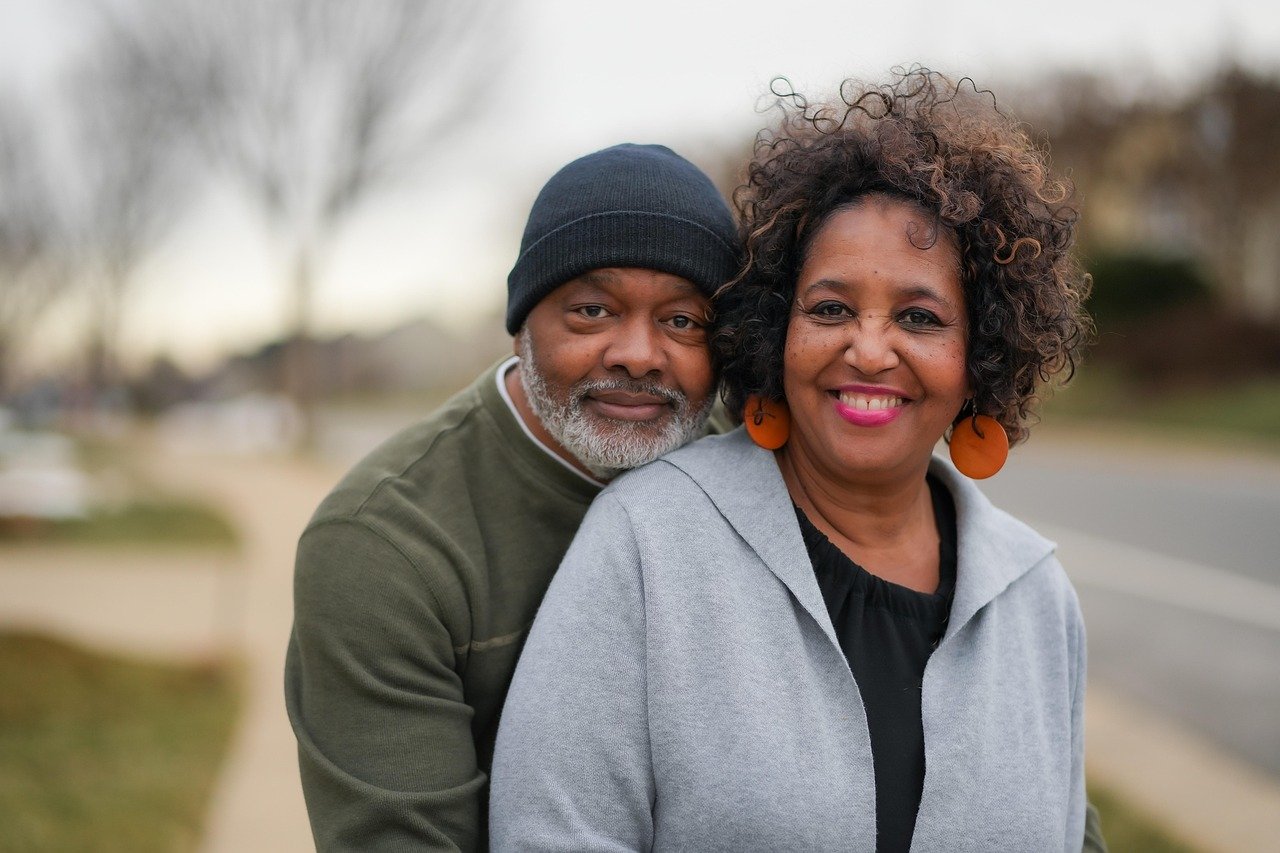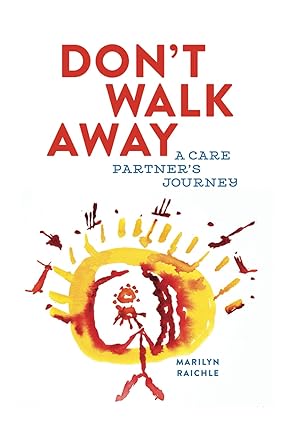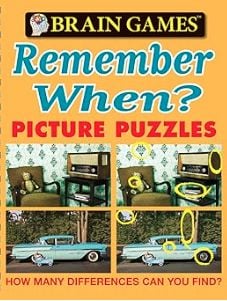
Alzheimer’s Reconnects Through Art, Music, Film & Poetry
BOOK OF THE WEEK – VIDEO: “I’m Still Here” shows Dr. John Zeisel’s highly effective non-drug Alzheimer’s treatments . Therapy starts with the Arts, expanding to a spectrum of activities. See it break through the barriers of Alzheimer’s.



























